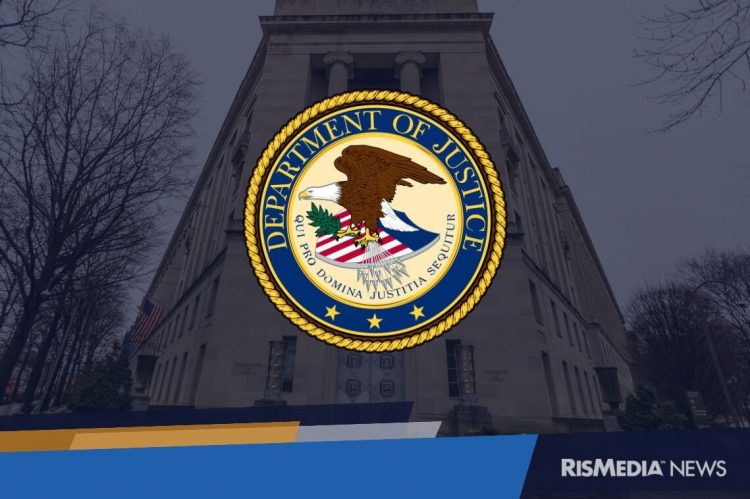Less than 48 hours before tomorrow’s long-awaited NAR settlement approval hearing, the U.S. Department of Justice (DOJ) has raised concerns over the buyer-broker agreements stipulated in the proposed settlement.
On Sunday evening, the DOJ filed a Statement of Interest (SOI) in the Burnett v. NAR et al lawsuit, which clarified that the DOJ’s lack of participation in the lawsuit doesn’t “limit the United States’ ability to enforce the antitrust laws, including to seek greater relief for the conduct at issue here.”
In terms of the practice changes set forth by NAR, the DOJ did not find the off-MLS offers of compensation to be of any issue, but specifically called out buyer-broker agreements as a point of contention.
“This provision itself raises independent concerns under the antitrust laws, which could be addressed in multiple ways,” the filing states.
Explaining further, the DOJ noted that the new provision that requires buyers and brokers to make written agreements before home tours could “harm buyers” and “limit how brokers compete for clients.”
“It (buyer-broker agreements) bears a close resemblance to prior restrictions among competitors that courts have found to violate the antitrust laws in other proceedings and could limit—rather than enhance—competition for buyers among buyer brokers,” the filing continues.
NAR recently defended the settlement in a filing ahead of the final approval hearing, calling it “hard-fought.”
“(The settlement) reflects years of hard-fought litigation, and the realities of what would happen if the parties continued to fight,” lawyers for NAR wrote. “NAR would have gambled its own existence, as well as that of its members and their small businesses, state, local and territorial REALTOR® associations, and multiple listing services—and even put buyers and sellers of real estate in the United States (including the Settlement Class) at high risk for irreparable harm.”
In the filing, NAR also noted that its policy shifts “directly address” the fundamental claims of the class-action plaintiffs, and that it implemented the new policies months before the final approval of the deal “as an act of good faith.”
According to outspoken settlement critic Tanya Monestier, professor of law at the University at Buffalo School of Law, the DOJ is “a day late and a dollar short” in filing its SOI, adding that the decisions “must have been deliberate” and “strategic.”
“I don’t think that in one day the judge or the parties are going to say, ‘okay, yeah, let’s eliminate this requirement for the agreement to be signed prior to touring,’ ” she said. “I think that would open up the settlement to being looked at once again, because now one half of the injunctive relief would be gone.”
According to the SOI, the DOJ believes that the buyer-broker agreement issue could be rectified by either eliminating the provision, or disclaiming that the settlement “creates any immunity or defense under the antitrust laws.”
“The United States respectfully requests that if the Court approves the settlement, it should clarify that such approval does not address whether the proposed settlement prevents and restrains current antitrust violations, remedies past violations, or contains revised policies and practices that comply with the antitrust laws,” the filing states.
The DOJ also noted that final approval of the settlement would not prevent further action from them, but added that if any brokerages, agents or NAR do find themselves facing antitrust litigation in the future they “may attempt to use any findings in the Court’s decision as a shield against a future enforcement action by the United States.”
According to Monestier, the SOI does not stand to have a major impact on the settlement’s approval, but rather, sets the stage for further action from the DOJ.
“I think (the settlement) will be approved as is,” she said. “I think the DOJ wanted to be on record saying that, ‘okay, you do whatever you want to do from a civil perspective, but that has nothing to do with us, and at some point we may come after you.’ I think it was just a warning to the industry that it’s not over until it’s over.”
That said, Monestier also emphasized potential changes to the DOJ’s priorities as it transitions to a new administration. “I don’t know that the Trump DOJ is going to have the same sort of enforcement inclination,” she said.
The DOJ concluded the filing by stating that it is “ready to appear or otherwise participate at the final settlement hearing on Nov. 26 to answer questions or further assist the Court.”
An NAR spokesperson emailed RISMedia with the following statement: “We will continue to advocate for final approval of our settlement on November 26.”
For a history of the Burnett case leading up to the final settlement approval hearing on Nov. 26, click here.












